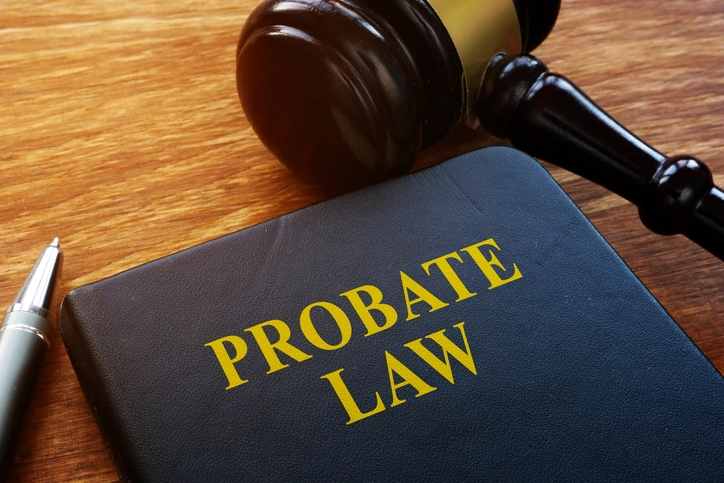Probate Lawyer FAQs
Depending on the complexity and size of the estate in question, probate can be an especially trying process—especially when there are conflicts among beneficiaries. If you have questions about the probate process, it’s smart to contact a probate law firm right away. In the meantime, check out the answers to some of our most frequently asked questions.
How much does probate cost?
A variety of factors affect the final cost of probate proceedings. In Texas, probate fees depend on statute, size of the estate and the county in which it takes place. The executor and administrator may be entitled to a fee, which is typically a percentage of the estate’s value. Your attorney will also charge a fee, the amount of which will depend on the attorney’s experience, the complexity of the case and the type of legal representation they provide to you.
What are the different types of probate in Texas?
There are three types of probate in Texas: independent administration, dependent administration and muniment of title. Whereas independent administration—the most common type of probate—allows an executor to oversee the estate’s distribution with minimal court supervision, dependent administration relies on court approval for most estate-related actions.
Muniment of title is reserved for transferring real estate titles of the deceased, but only if no debts are owed by the estate, other than the mortgage. As a simplified probate process, muniment of title does not require an executor or the filing of inventory.
Who can file probate?
Probate can be filed by the executor named in the will, a family member or beneficiary, as well as by an interested party after submitting an application to probate court. In cases where the decedent left a will, their named executor will usually file for probate and manage the estate. In the absence of a will, the court appoints a manager for estate administration.
Who can serve as an executor in Texas?
In order for someone to serve as an estate’s executor in Texas, that person must be at least 18 years old, a state resident and NOT a convicted felon. If a named executor is only ineligible because they are not a state resident, they must appoint a resident agent to accept legal papers on their behalf.
How do I find the best probate lawyer near me?
When you Google phrases like “best probate attorney near me,” you’ll find numerous legal options to choose from. The best way to narrow your selection is by looking for qualities like expertise, excellent communication and years of experience winning cases like yours. Most importantly, though, you need to find a probate lawyer who’s as skilled at listening as they are litigating. Luckily, you don’t have to look too far.


